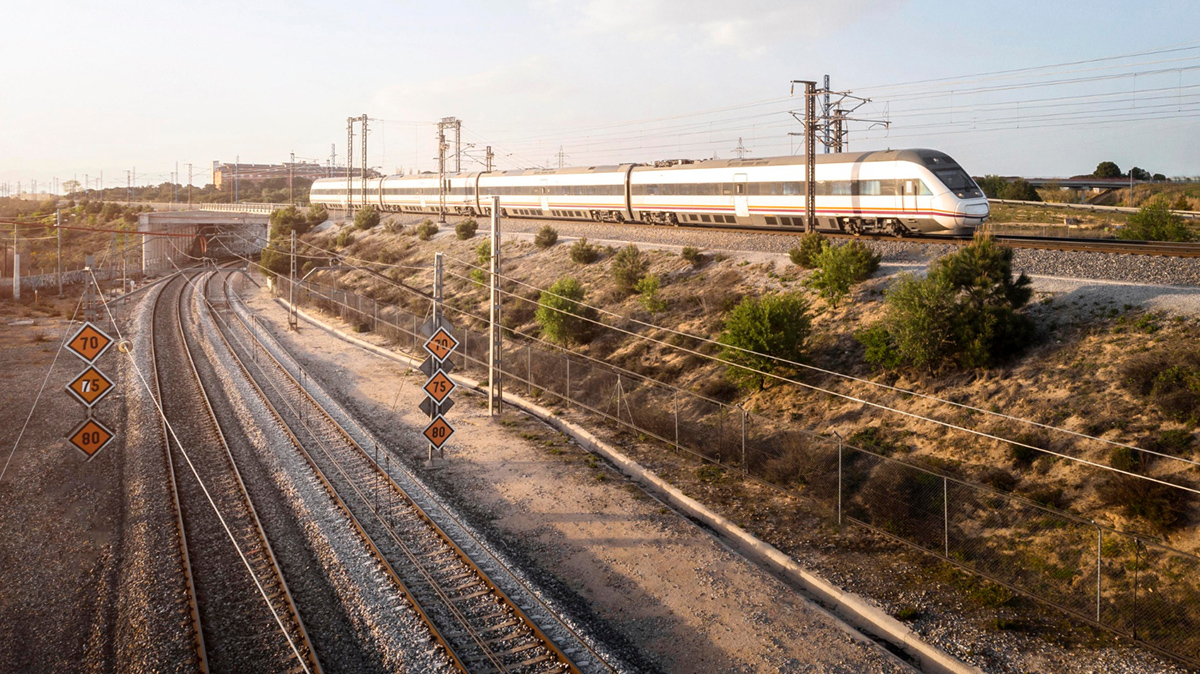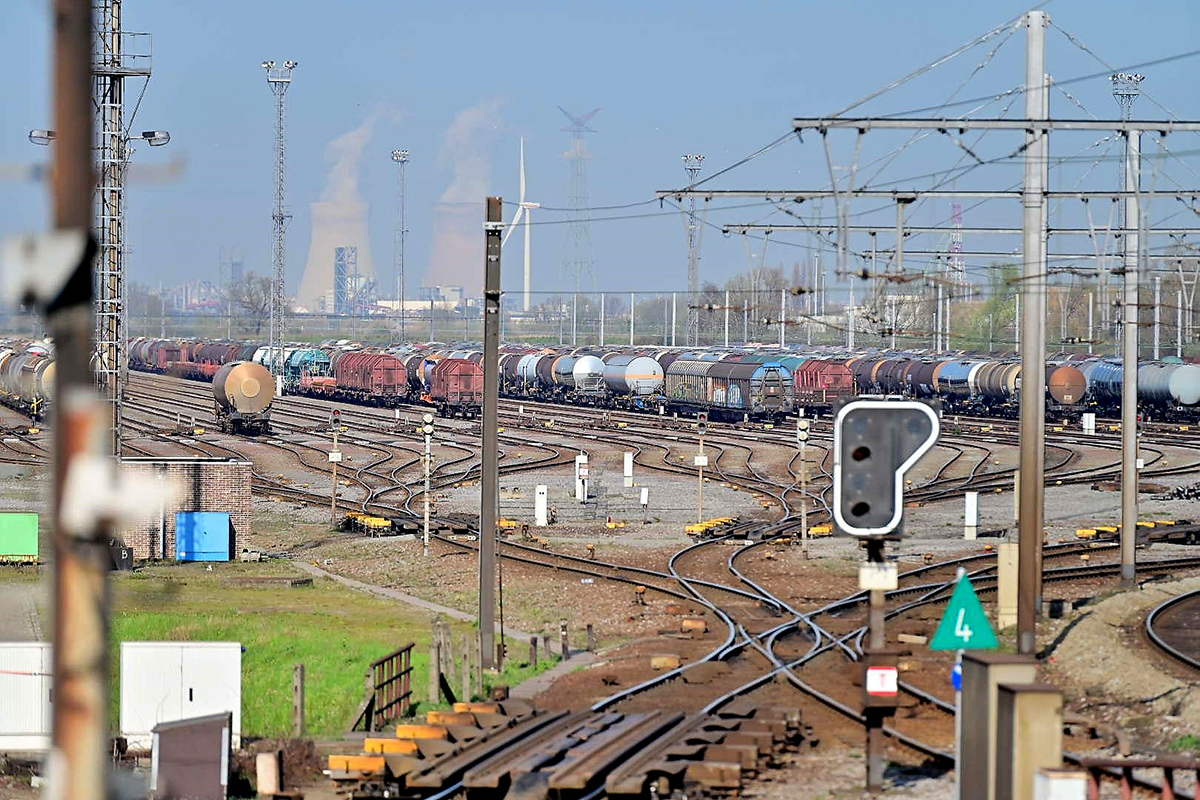Germany, Belgium, Netherlands Plan Revival of Iron Rhine Railway Amid Russian Threat

Germany, Belgium, and the Netherlands are negotiating the restoration of the strategic Iron Rhine railway line, which connects the port of Antwerp in Belgium with the industrial Ruhr region in Germany. The decision to restart the railway is due to the growing threat from Russia and the need to increase military mobility in the region.
The Gaze reports on it, referring to Politico.
The 160 km long railway runs from Antwerp to the German federal state of North Rhine-Westphalia, crossing the Dutch province of Limburg. For decades, some sections of the line have been neglected, and since 1991, traffic has not been maintained along the entire length of the line.

“The military angle has brought the Iron Rhine back into the spotlight,” said Herman Welter, a railway expert at the Gazet van Antwerpen newspaper, adding that this factor could now play a significant role in the long-standing discussions about the restoration of the railway.
The project also has political implications. “Prime Minister [Bart] De Wever has taken control of the project himself,” noted Thomas De Spiegelaere, spokesman for the Belgian Ministry of Transport.
At the same time, the Netherlands is cautious about the initiative due to the short national section and the existence of the parallel Betuwe line, as well as the commercial interests of the port of Rotterdam.
Welter said that potential financial incentives from NATO and the EU could persuade the Netherlands to cooperate: “If the EU provides free money to build the infrastructure, even the reluctant Netherlands will get on board.”
It is reported that €17 billion could be available for military mobility from 2027 in the proposal for the next long-term EU budget.
Preliminary discussions on the revival of the Iron Rhine have been going on for years and have been met with controversy over environmental issues. In 2003, an arbitration tribunal allowed Belgium to continue the restoration, provided that environmental costs were covered, and the Netherlands agreed to participate only if it received its own benefits. At the same time, Berlin has so far been relatively positive about the project.
As The Gaze informed earlier, European Commissioner for Transport and Tourism Apostolos Tzitzikostas said that European roads, bridges, and railways are unsuitable for the rapid movement of tanks, troops, and military cargo in the event of war with Russia.